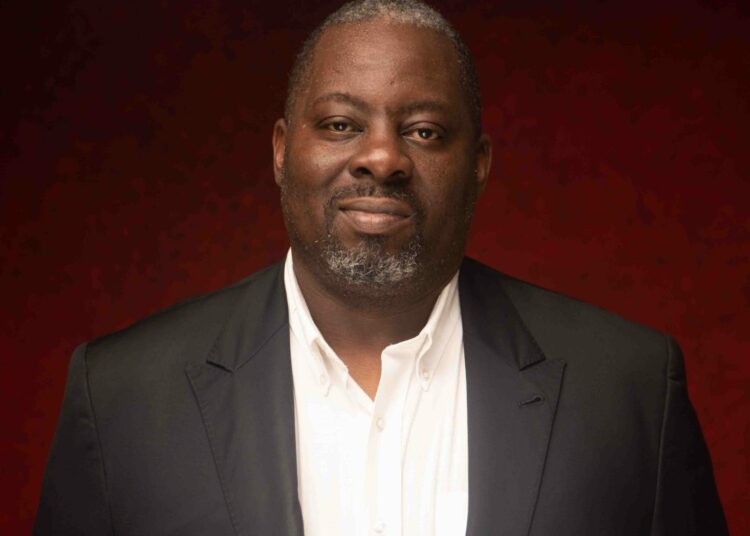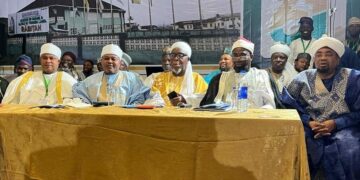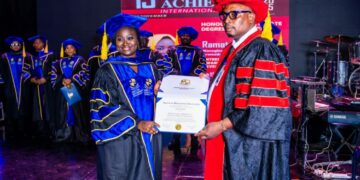The director general of the National Council for Arts and Culture (NCAC), Obi Asika, has urged creative and cultural industry stakeholders to transform Nigerian festivals into productions and cultural experiences.
Asika spoke at the 54th edition of the council’s Culture and Creative Economy Summit (CCES), a two-day summit held recently in Abuja.
He said Nigeria’s current approach to its vast and unique cultural festivals has been that of mere coverage rather than production.
He noted that Nigeria has over 10,000 cultural festivals, with some states like Edo averaging over 1000 festivals. However, the country lacked the infrastructure, funding, and intentionality to build its festivals, compared to other countries like Brazil and Jamaica, whose Sango and Ofalla festivals are derivatives of Nigeria’s, the originator of the aforementioned culture and festivals.
Hence, the council’s decision to reimagine and expand the creative sector via its strategic roadmap, in collaboration with the Ministry of Arts, Culture, and Creative Economy and its partners.
“To reimagine something is to see what has always been before you that you didn’t see. That is how we must approach culture today. How can we transform our festivals into an experience? We need to deliver these things as full experiences. What we have been doing is coverage. What we must do is to transform them into productions.”
Consequently, this year’s council expanded the summit beyond reviewing previous editions of its National Festival of Arts and Culture (NAFEST) and planning future editions to feature comprehensive dialogues on how stakeholders can best harness the creative industry’s potential to stimulate economic growth.
It further unveiled its strategic roadmap for working with subnational stakeholders (states and state commissions of arts, culture, and tourism). It hosted multilateral organizations and funding partners to present innovative ways to unlock financial resources for the sector.
“If we service the creative and cultural industries (CCIs), then we become fundable and attractive to other sectors,” said the DG.
Commending the council and the Ministry of Arts, Culture and Creative Economy for their recent initiatives, such as the Creative Renaissance Project, the upcoming Intellectual Property (IP) policy, and MEFA, among others, chairman of the Forum of Commissioners of Arts, Culture and Tourism Professor Ojo Rasaki said there is a noticeable paradigm shift in the structuring of the creative sector.
“We seem to be going in the right direction with structure. The paradigm is shifting. What we need now is to focus on the mindset. We need to change the mindset of individuals (states and federal executive and council members) outside of the creative sector who think funding for festivals is for jamborees and parties, for our proposals to be passed and approved.”
He urged that the National Institute for Cultural Orientation (NICO) be supported to efficiently carry out its mandate of creating awareness of Nigerian cultures and their impact on the economy.
He said industry players in the sector, such as Afrobeat artist Davido, should deploy their global platforms to promote local textiles and apparel.
“Any global artist on the global stage promoting jeans is helping Nigerian textile workers lose their jobs. We have work to do. That work does not end with the federal and state ministries; rather, we need to do more work with our industry players because as the paradigm shifts, mindsets must also change,” concluded Rasaki.





